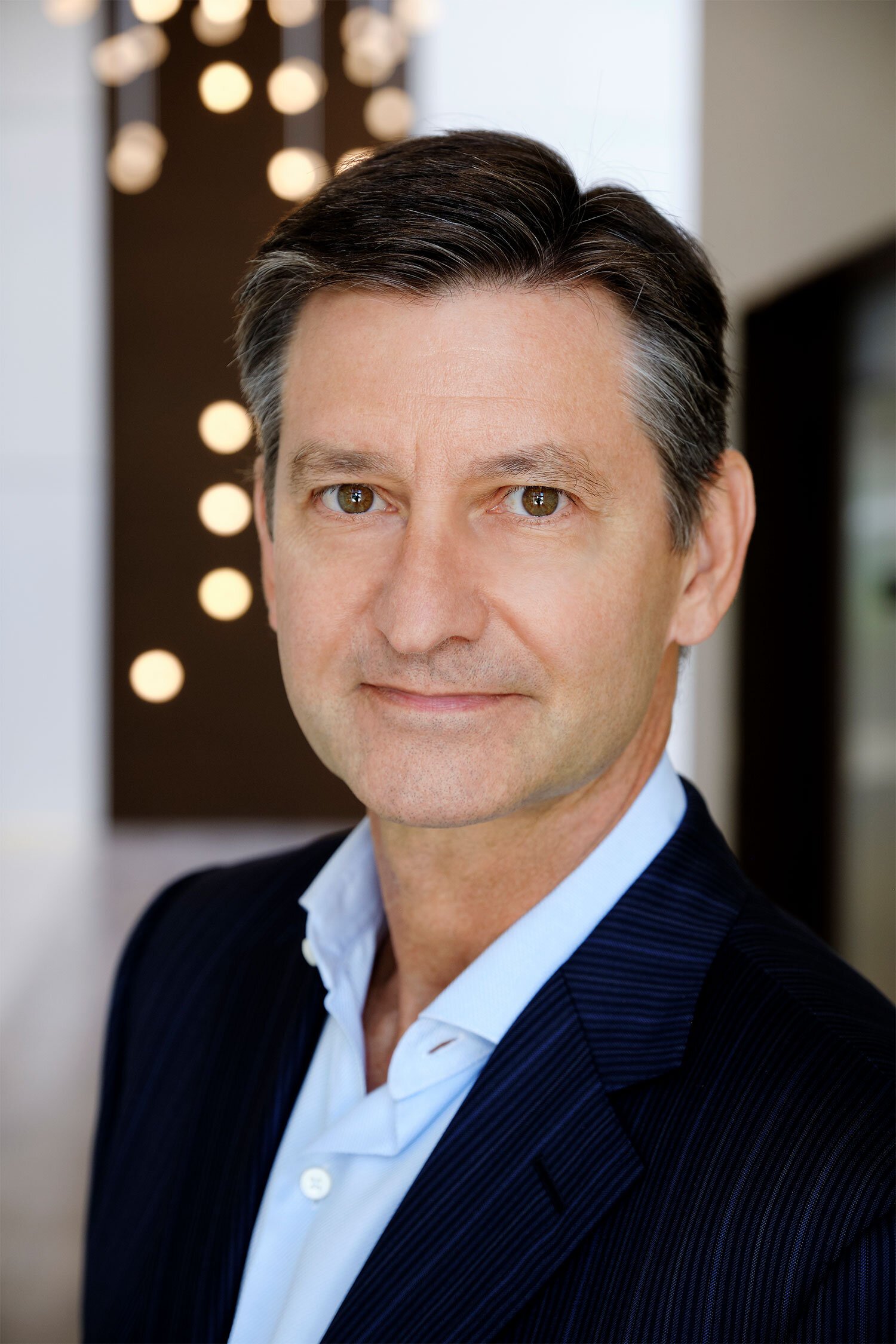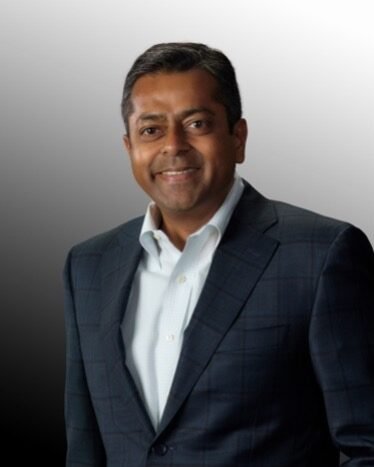I recently went one on one with Todd Thomson. Todd is the Chief Operating and Financial Officer of Kairos Ventures and the former CFO of Citigroup. Just prior to joining Kairos, Todd was Co-Founder and Chairman of Dynasty Financial Partners, where he and his team built an investment and technology platform that serves nearly 50 RIA firms nationally, with $50 billion under management. Todd has also served as CEO of Citigroup’s $10 Billion Global Wealth Management division; CEO of Citigroup Alternative investments; Chairman of the Citi Pension investment Committee, Chairman of the Dynasty Investment Committee, and a member of the Investment Committees for the Davidson College and World Resources Institute endowments.
Adam: Thanks again for taking the time to share your advice. First things first, though, I am sure readers would love to learn more about you. How did you get here? What experiences, failures, setbacks or challenges have been most instrumental to your growth?
Todd: As the son of schoolteachers, I was the black sheep of the family by going into business instead of education! I’ve been fortunate in my professional journey to have a breadth of fascinating experiences that has led to my current role in Venture Capital. Most importantly, I had the opportunity to learn from and be mentored by some of the most accomplished individuals in business, including Bill Donaldson and Harvey Golub at Dynasty; Sandy Weill, John Reed and Bob Rubin at Citigroup; Jack Welch and Gary Wendt at GE; and Bill Bain and Orit Gadiesh at Bain & Co. By watching and listening closely as we worked together, I gleaned important nuggets of wisdom from each of these remarkable people, which I’ve tried to apply to improve my own performance.
Like many professional journeys these days, mine has been a winding road, not a straight path. After receiving my MBA at Wharton my initial career was in Strategy consulting. I then started up a business serving the emerging markets in capital raising, privatization and strategy consulting, setting up 14 offices in 12 countries. I then moved to financial services as head of Acquisitions and Strategy for GE, then CFO for Citigroup and CEO of Citi’s Wealth Management Division. After leaving Citi, I co-founded and Chaired the Board of Dynasty Financial Partners, and more recently joined Kairos Ventures as COO.
In “managing” this journey I always sought out opportunities that provided three things: 1) Something I felt would truly challenge me (as opposed to simply applying what I already knew), 2) Somewhere I could make a difference, and 3) The chance to work with people I liked, respected, and could learn from.
Some of the key lessons I’ve learned along the way: 1) Have courage, and never be limited by your fear, only by your ability. When I found myself in the hospital on the brink of death from an exotic infection, I promised myself that I would never let fear of failure (or fear of success!) get in my way. 2) Be data-driven and make decisions based on facts and analysis not based on opinions or personalities. I’ve been surprised how many times in my career data is often quite different than conventional wisdom. Bain & Company has made an enormous consulting business on this premise. 3) Establish consistent, structured management practices. As organizations grow, they need a consistent rhythm and process to maintain high performance. Jack Welch was particularly adept at establishing practices that were effective at eliminating the bureaucracy that tends to creep in. 4) Know your business and get into the details. I’ve found the very best leaders don’t rely on delegation, they know their business cold and they expect those they surround themselves with to know their areas cold as well. “Let me check with my people” was never an acceptable answer for Sandy Weill. Also, you need to cultivate many sources, at multiple levels, to access and triangulate information, because you can never allow your data to be filtered by a small number of people. 5) Provide a motivating vision. People need a cause, a vision, to accomplish truly great things. Money alone doesn’t do it, duty doesn’t do it, fear doesn’t do it. People want to accomplish something larger than themselves and feel like they are part of a team making a difference. It is critical to articulate that vision in a clear and compelling way in order to motivate teams and businesses to achieve something out of the ordinary.
Adam: What do you look for in companies you invests in? How do you generally source the investment opportunities you tend to ultimately pursue?
Todd: Kairos has a unique approach to venture capital. We source all of our investments through close partnerships with 16 universities across the country including Caltech, UCLA, University of Pennsylvania, Columbia, Johns Hopkins, and Northwestern. Through these partnerships, which include regular time on campus evaluating opportunities, we see most of our deals earlier than other VCs. Our reputation as a science-based VC that is smart about where we invest and provides the appropriate financial and operational support for these businesses to succeed has resulted in a first-look sourcing advantage for new investments. When we choose to invest it is because we feel the innovation is transformational or highly disruptive to the status quo, and will have a significant positive impact. We do not seek incremental improvements. In addition, the scientific innovation must be well protected by patents and able to be commercialized in the relatively near term (roughly 3-5 years). Some examples include companies that produce insect pheromones that can replace pesticides, polymer heart valves that eliminate the use of animal tissue for heart valve replacements and increase the longevity and effectiveness of replacement heart valves, titanium tubes that deliver anti-psychotic and anti-opioid drugs on a sustained basis for up to 12 months in order to reduce non-compliance and help solve part of the homeless problem, “organs on a chip” that grow human organ tissue to test cancer and other therapies directly on human tissue, thereby reducing the time and cost and increasing the hit rate for new therapies as well as reducing the need to sacrifice billions of animals each year for medical testing.
Adam: In your experience, what are the defining qualities of an effective leader? How can leaders and aspiring leaders take their leadership skills to the next level?
Todd: Leadership is a topic I have studied for years. From my own experience, I’ve had the opportunity to lead everything from small teams to serving as CEO of a 30,000 person, $10 Billion revenue company. 20 years ago I had the opportunity to found and Chair the Advisory Board for the Leadership Center at the Wharton School, where I composed a Board consisting of notable leaders from business, politics, the military, education and the press. Effective leaders come in all shapes, sizes, genders, races, and styles. There is not one style that “works” as a leader. Bob Rubin could not be more different in leadership style from Sandy Weill, who is entirely different than Jack Welch, who is different in every way from Orit Gadiesh. What I find to be consistent in effective leaders is the following: passion, vision, commitment, communication skills, and an ability to listen to and care about your people. If you have a clear idea where you want to go (vision), you can communicate it effectively, you have passion to achieve that destination, you are committed (leading from the front in military parlance, not asking more of your people than you ask of yourself), and you show you care about your “troops” you can be an effective leader. Leadership is a craft, so continually evaluate what is working and what isn’t in order to refine and improve your style. Most importantly, be authentic – be true to who you are, and let your leadership style reflect who you are.
Adam: What is your best advice on building, leading and managing teams?
Todd: When I build teams, I’m always attempting to build an extraordinary team. To accomplish that I need to find high-energy, talented individuals, however, they need to be diverse in thoughts and complementary in skills. Just like one wouldn’t put a basketball team together that consisted only of point guards, I look to combine different backgrounds and different skill sets. Then I coach them to feel comfortable speaking their minds, to speak the truth, to always tell me bad news first, and to feel commitment and ownership of how the team performs. When you put together an extraordinary team you will know – they develop pride in the team’s performance, hold each other accountable, and celebrate each others’ successes.
Adam: What is the single best piece of advice you have ever received?
Todd: Nobody thinks you are perfect, no matter what your title. Admit what you don’t know, take responsibility for your mistakes, and you gain credibility and trust.









